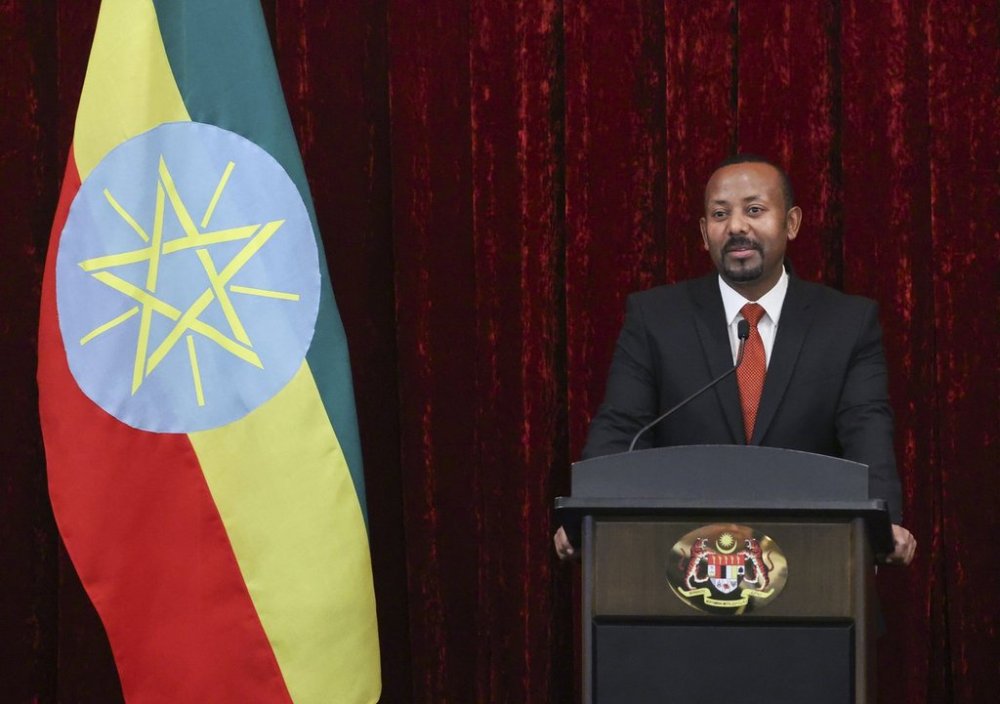Ethiopia introduces new tax to fill gap after USAID funding pause
Advertisement
Read this article for free:
or
Already have an account? Log in here »
To continue reading, please subscribe:
Monthly Digital Subscription
$0 for the first 4 weeks*
- Enjoy unlimited reading on winnipegfreepress.com
- Read the E-Edition, our digital replica newspaper
- Access News Break, our award-winning app
- Play interactive puzzles
*No charge for 4 weeks then price increases to the regular rate of $19.95 plus GST every four weeks. Offer available to new and qualified returning subscribers only. Cancel any time.
Monthly Digital Subscription
$4.99/week*
- Enjoy unlimited reading on winnipegfreepress.com
- Read the E-Edition, our digital replica newspaper
- Access News Break, our award-winning app
- Play interactive puzzles
*Billed as $19.95 plus GST every four weeks. Cancel any time.
To continue reading, please subscribe:
Add Free Press access to your Brandon Sun subscription for only an additional
$1 for the first 4 weeks*
*Your next subscription payment will increase by $1.00 and you will be charged $16.99 plus GST for four weeks. After four weeks, your payment will increase to $23.99 plus GST every four weeks.
Read unlimited articles for free today:
or
Already have an account? Log in here »
Hey there, time traveller!
This article was published 20/03/2025 (293 days ago), so information in it may no longer be current.
ADDIS ABABA, Ethiopia (AP) — Ethiopia’s parliament on Thursday introduced a new tax for all workers as part of measures to fill the financial gap left by the USAID funding pause.
The funds collected will go to a new Ethiopian Disaster Risk Response Fund to pay for projects previously funded by USAID, Ethiopia’s biggest partner for development and humanitarian efforts.
Ethiopia is facing recurring conflict in some of its regions including Tigray, which is recovering from a two-year conflict, Amhara and Oromia. The conflicts have left millions of people in need of food aid and healthcare.

The new tax will apply to people employed in both the private and public sectors. A mandatory contribution will also be asked of companies across sectors such as banking and hospitality. The new bill has been forwarded to a parliamentary committee for deliberation on the percentages to be contributed.
Ethiopia with its population of over 125 million people had been the biggest beneficiary of U.S. aid in sub-Saharan Africa, receiving $1.8 billion in the 2023 financial year.
In addition to life-saving food, the funds were spent on HIV medications, vaccines, literacy programs and jobs creation, as well as services for 1 million refugees hosted by Ethiopia.
Most of these programs have been stopped. The USAID staffers who oversaw them have been placed on administrative leave and told not to work, as they face the threat of termination.


